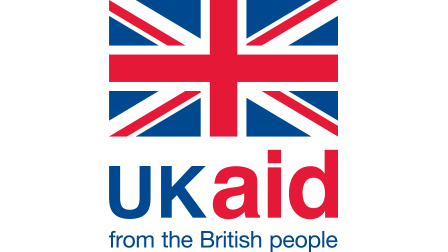
Assessing and Managing Fishing Capacity in the Context of World Trade Organization Disciplines on Fisheries Subsidies
As WTO members negotiate new rules on fisheries subsidies, identifying situations where there is already overcapacity and overfishing—and consequently, where support should be prohibited—has been intensely debated. As a contribution to this discussion, this brief provides a general background on fishing capacity management and defines some of the key concepts used in this area. It then suggests possible options for members to establish, measure and monitor fishing capacity, while ensuring that capacity remains within sustainable levels.
-
Since the 1950s, the global fleet has continuously expanded to reach 4.56 million vessels in 2018. This increase has been accompanied by declines in catches per unit effort (CPUE) and stock abundance in virtually all regions.
-
Addressing overcapacity requires coastal states to define capacity management objectives, assess their current and target fishing capacity, implement management measures, and monitor fishing activities.
-
In data-poor and multi-species fisheries, qualitative indicators such as CPUE, trends in profitability, season length, or fishers' own knowledge, can supplement quantitative information available.
Ongoing WTO negotiations on fisheries subsidies are currently considering prohibiting certain forms of support considered as capacity enhancing (e.g., subsidies to construction and modernization, vessel equipment, or fuel). Such prohibitions would apply unless a member can demonstrate that it implements measures to maintain the stock in the relevant fishery at a biologically sustainable level.
If these exceptions remain in the final agreement, members wanting to continue providing otherwise-prohibited subsidies will need to think through how to measure their existing fishing capacity and demonstrate that it is commensurate with the sustainable use of available resources. As a contribution to this discussion, the present policy brief provides a general background on fishing capacity management and defines some of the key concepts used in this area based on existing literature. It then suggests possible options and indicators for members to establish, measure and monitor fishing capacity, while ensuring that capacity remains within sustainable levels. Finally, the brief reviews for illustrative purposes existing datasets and available information to measure fishing capacity from both an output and input perspective.
Funded by
You might also be interested in
Source to Sea: Integrating the water agenda in 2023
2023 could prove to be a definitive year for facilitating an integrative perspective on water issues, from fresh water to the marine environment.
S'pore becomes 2nd country to support global agreement ending harmful fisheries subsidies
Singapore has become the second member of the World Trade Organisation (WTO) to ratify its agreement to protect the world’s oceans. On Friday, the Republic formally accepted the treaty – the first multilateral trade agreement that focuses on environmental sustainability – becoming the first coastal state to do so.
World Trade Organization Talks on Subsidies that Contribute to Overcapacity and Overfishing: What's on the table?
World governments are currently negotiating new global disciplines to curb harmful fisheries subsidies. What new rules are being proposed?
Landmark Agreement Curbing Harmful Fisheries Subsidies Awaits Ratification A Year After Adoption
This month marks the first anniversary of the World Trade Organization’s (WTO) historic Agreement on Fisheries Subsidies. The treaty, adopted at the WTO's 12th Ministerial Conference, established the first global, legally binding framework that limits subsidies for illegal, unreported and unregulated (IUU) fishing and fishing of overfished stocks, as well as subsidies to vessels fishing on the unregulated high seas. The agreement also calls for countries to exercise “due restraint” in providing subsidies to vessels that do not fly their country’s flag or those that fish stocks with unknown status.
